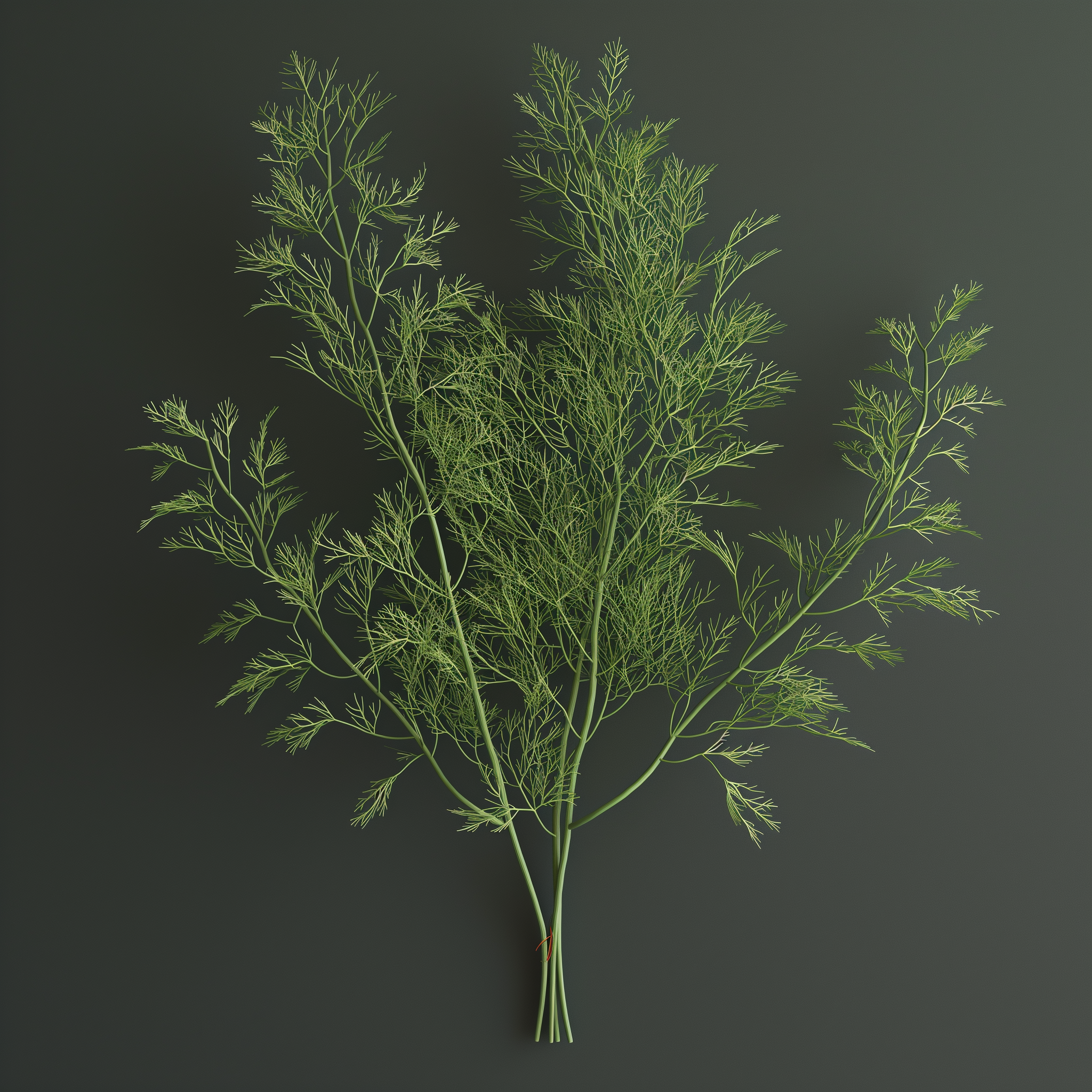Sage, that fragrant herb often relegated to Thanksgiving stuffing, boasts a surprising array of benefits that extend far beyond the dinner table. This versatile herb, a member of the mint family, has been revered for centuries for its culinary and medicinal uses. Let’s delve into the world of sage and explore its potential to enhance your health and wellness.
A Powerhouse of Nutrients
Sage isn’t just flavorful, it’s a nutritional champion. It’s brimming with vitamin K, essential for blood clotting and bone health. Additionally, sage offers a good dose of antioxidants, including vitamins A and C, which help combat free radicals that can damage cells. These antioxidants may also contribute to a healthy immune system and reduce inflammation throughout the body.
Benefits Beyond the Plate
- Brain Booster: Research suggests sage may improve memory and cognitive function. Studies have shown that sage may inhibit the breakdown of acetylcholine, a neurotransmitter important for memory and learning.
- Menopausal Relief: Sage extract has been shown to alleviate hot flashes and night sweats, common symptoms of menopause. Some studies suggest that sage may bind to estrogen receptors, producing a weak estrogen-like effect that helps regulate body temperature.
- Oral Health Hero: Sage’s antimicrobial properties may freshen breath and reduce inflammation in the gums. Mouthwashes containing sage extract have been shown to be effective against gingivitis, a mild gum disease.
- Blood Sugar Balancing Act: Studies indicate sage may help regulate blood sugar levels. Sage may improve insulin sensitivity, helping the body utilize blood sugar more effectively.
- Cholesterol Champion: Sage may contribute to lowering LDL (“bad”) cholesterol and increasing HDL (“good”) cholesterol. The antioxidants in sage may help protect LDL particles from oxidation, a process that can contribute to heart disease.


Sage can be enjoyed fresh, dried, or as an essential oil. Here’s how to incorporate it into your life:
- Culinary Creations: Fresh sage elevates meats, poultry, and stuffings. Its earthy flavor pairs well with fatty cuts like pork and duck. Dried sage adds depth to soups, stews, and sauces. Experiment by adding a touch of sage to brown butter or cheese sauces for a unique twist.
- Sage Tea: Steep dried sage leaves in hot water for a soothing and potentially memory-enhancing tea. Enjoy it plain or add a touch of honey for sweetness.
- Sore Throat Soother: Gargle with cooled sage tea to ease a scratchy throat. Sage’s astringent properties may help reduce inflammation and discomfort.
- Mouthwash Magic: Diluted sage essential oil can be used as a natural mouthwash for fresher breath. (Remember, essential oils should never be ingested.)
Important Precautions
While sage is generally safe for most people in culinary amounts, pregnant and breastfeeding women should consult a healthcare provider before using sage medicinally. Additionally, high doses of sage can interact with certain medications. It’s always best to consult your doctor before using herbal remedies, especially if you have any underlying health conditions or are taking medications.


